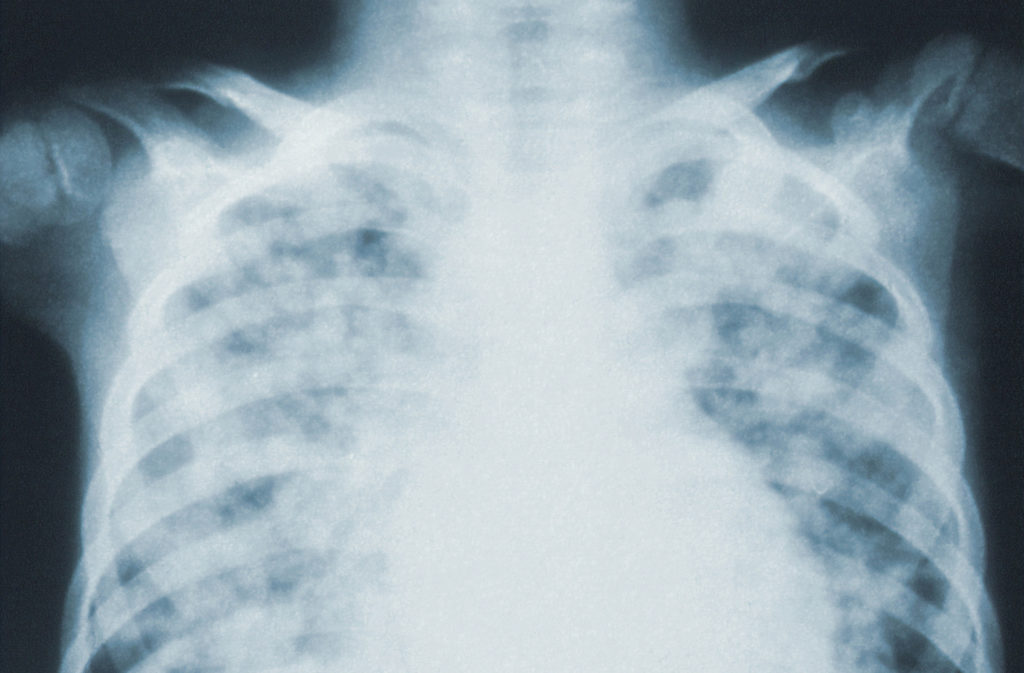
A University of British Columbia-led study has identified a computer technique that health facilities can use to screen, diagnose and monitor COVID-19 pneumonia more efficiently.
The researchers found that a pre-trained neural network called DarkNet-19 can rapidly and reliably detect COVID-19 on chest X-rays. The network recognized the disease’s imaging patterns on nearly 6,000 chest X-rays with 94 per cent accuracy, outperforming 16 other available networks.
“Many hospitals and clinics have become overwhelmed with work during this pandemic, requiring imaging specialists on staff 24/7 to analyze the large number of imaging tests that are being done,” says Dr. Mohamed Elgendi, the study’s lead author and an adjunct professor of electrical and computer engineering at the University of British Columbia. “With the help of artificial intelligence, we may be able to optimize the efficiency of X-ray imaging analysis and speed up the COVID screening process around the world.”
The study, whose authors also include researchers from Simon Fraser University, the University of Oxford and the Massachusetts Institute of Technology, was recently published in Frontiers in Medicine.
As we all navigate the pandemic, UBC is committed to aligning our efforts to improve the ecosystem that supports the translation of research into action (Strategy 9: Knowledge Exchange)
Read the full story on the Applied Science website.